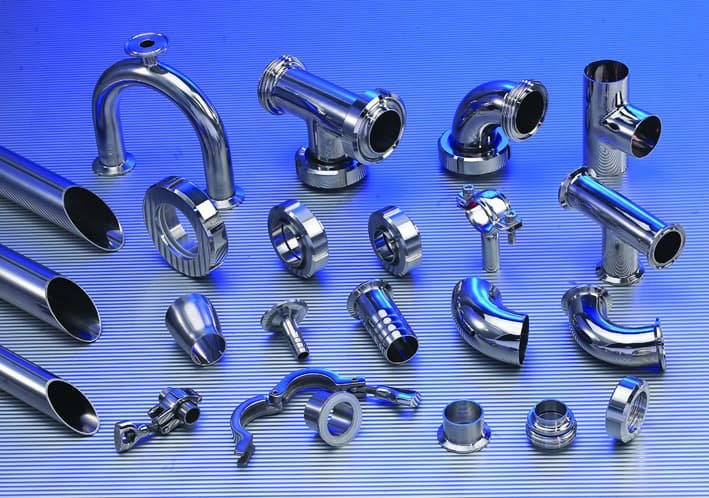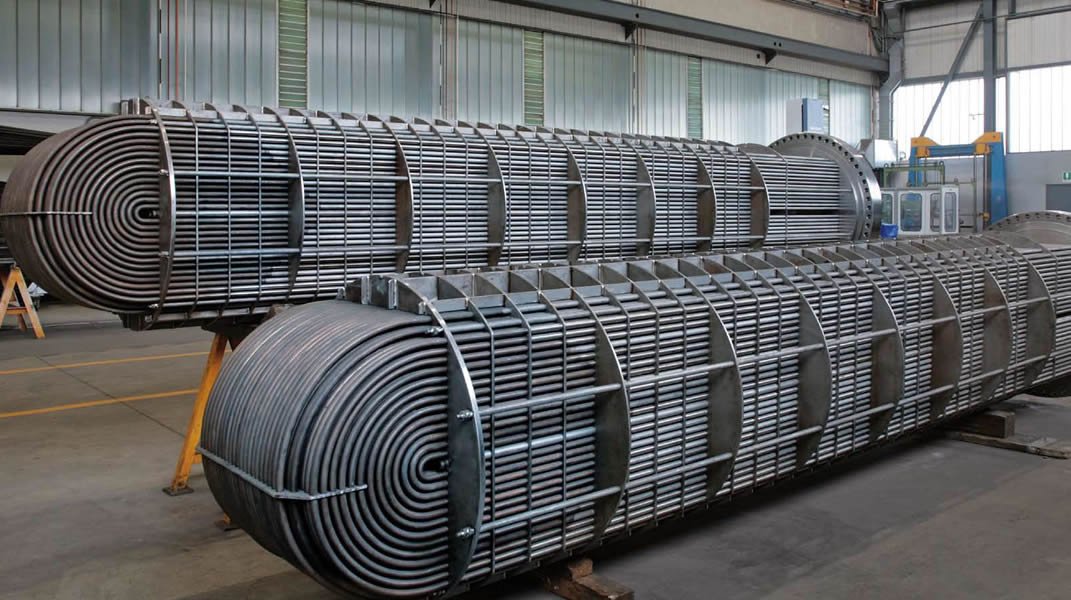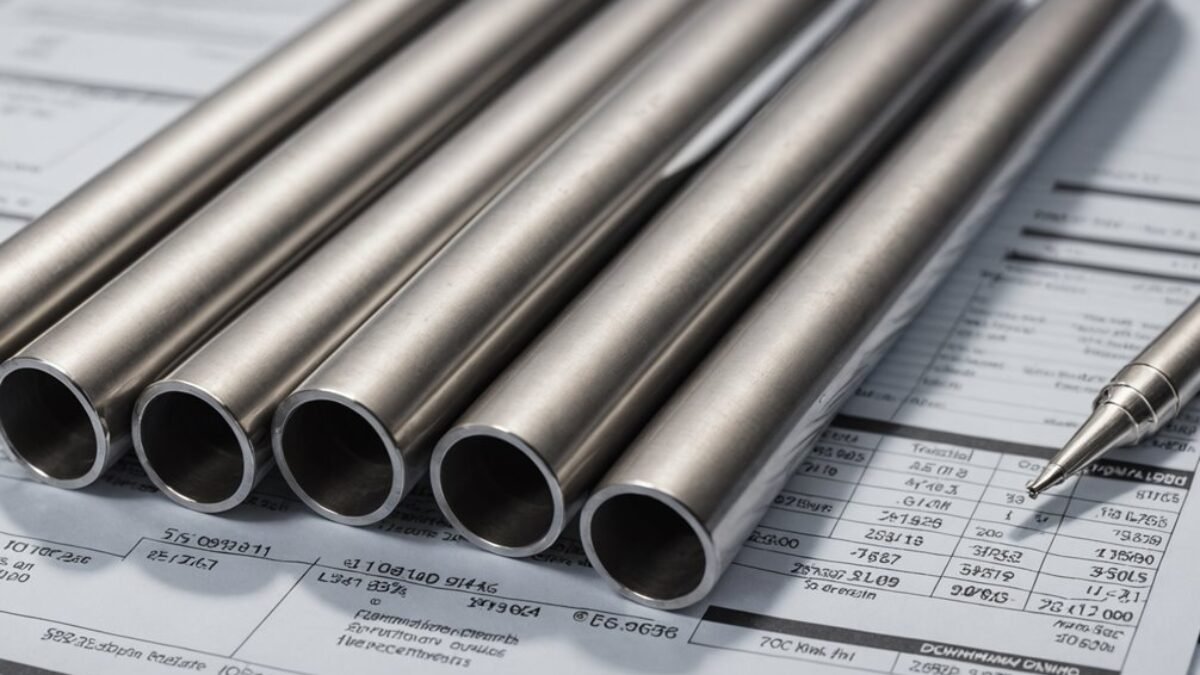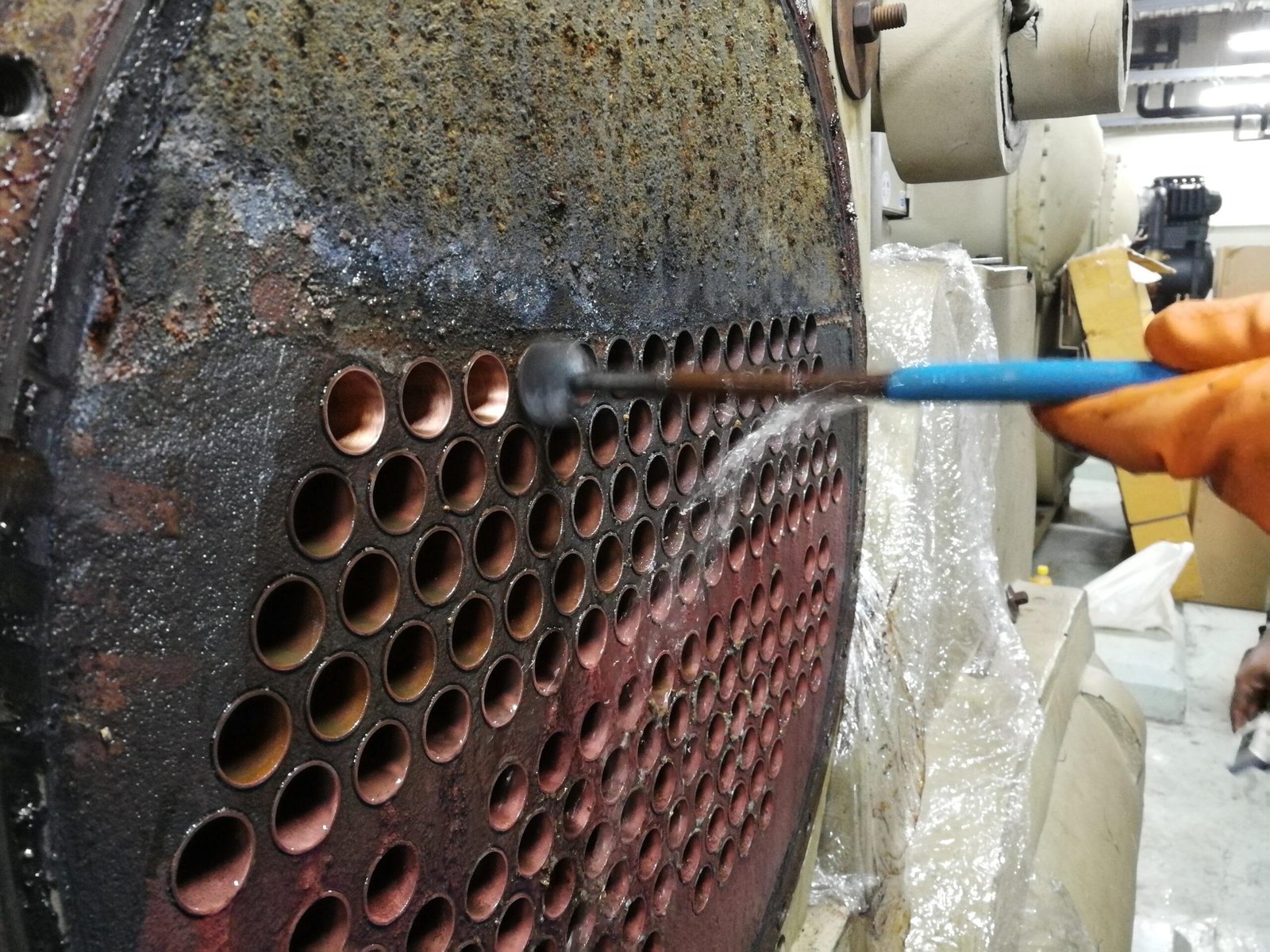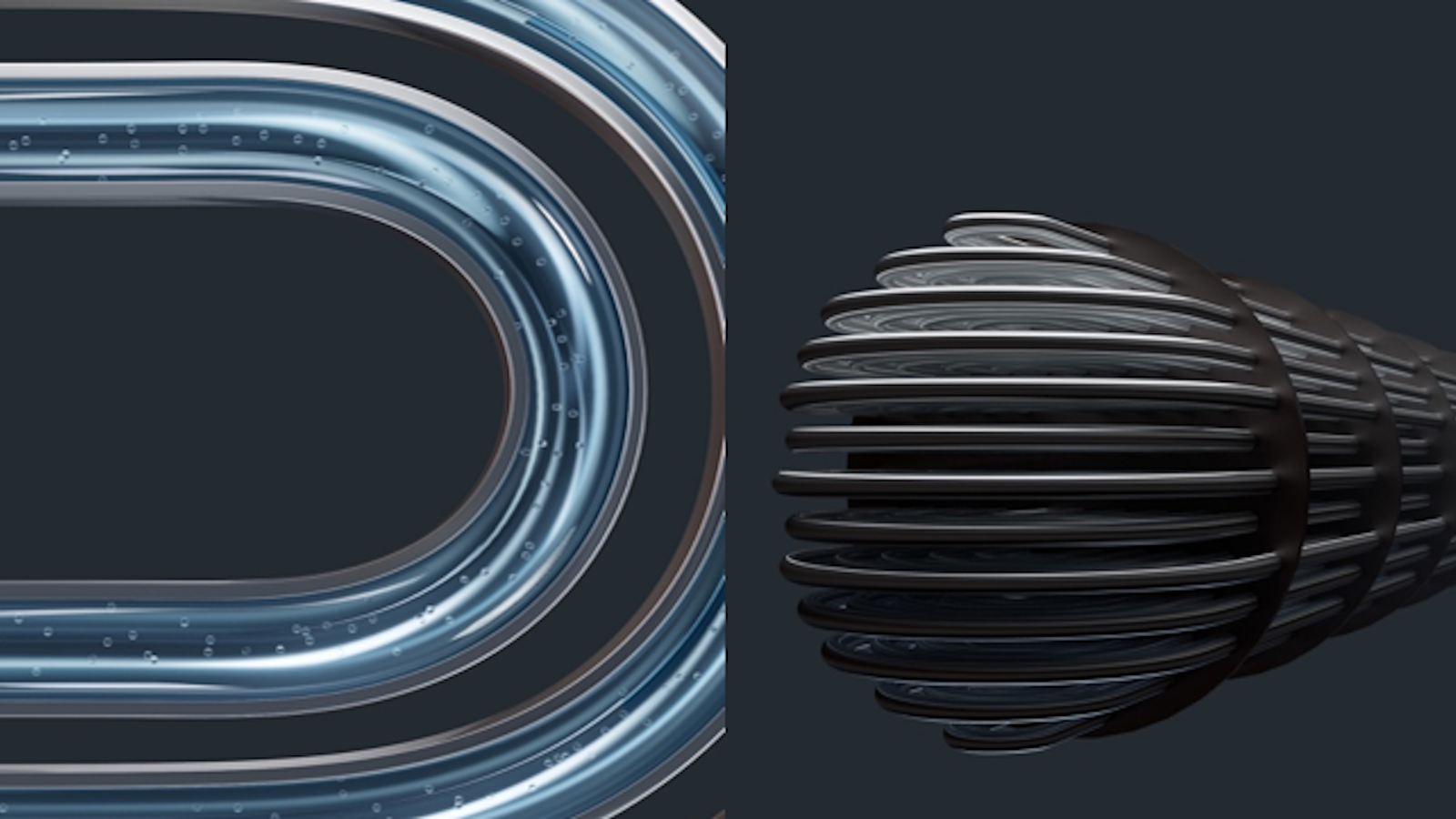Meta Description:
Explore the 5 most common failure types in stainless steel tubes and how to prevent them. Learn from real-world applications across heat exchangers, refineries, and chemical plants.
Introduction
Even the best-grade stainless steel tubes can fail—if not properly selected, processed, or installed. From pitting corrosion in chloride-rich environments to stress corrosion cracking (SCC) in heat exchangers, these failures often lead to costly downtime, replacements, or even plant shutdowns.
This article highlights 5 major failure types observed in stainless steel tubing systems, along with real project insights, material selection tips, and preventive measures used by DLSS clients worldwide.
1. Pitting Corrosion in Heat Exchanger Tubes
Case: TP316L Tubes in a Coastal Power Plant
Problem: Localized pitting appeared after 12 months of operation
Environment: High chloride cooling water
Cause: Inadequate Mo content in 316L, stagnant zones, poor passivation
DLSS Solution:
- Recommended switching to Alloy 904L or Duplex S32205 with higher PREN
- Suggested post-installation nitric acid passivation and tube spacing improvements
- Delivered 904L tubes with 100% Eddy Current Testing (ETT)
Related Reading: NACE Pitting Corrosion Guidelines
Keywords: pitting corrosion, 904L heat exchanger tube, S32205 stainless pipe
2. Stress Corrosion Cracking (SCC) in U-Bend Tubes
Case: TP304 U-tubes in Chemical Reactor Cooler
Problem: U-bend cracking after repeated thermal cycles
Environment: Ammonium chloride solution
Cause: High tensile stress + chlorides = SCC
DLSS Solution:
- Recommended post-bending stress relief and switch to TP316Ti
- Added grain size and hardness testing
- Delivered U-bend tubes with solution annealing + radiographic inspection
Learn More: ASM International – SCC in Austenitic Stainless Steels
Keywords: SCC stainless steel, U-bend cracking, TP316Ti tube
3. Erosion-Corrosion in Boiler Tubes
Case: Erosion in high-velocity steam lines (TP321H)
Problem: Thinning wall detected during ultrasonic inspection
Cause: Water droplet impingement, turbulence at elbows
Location: Steam generation unit in a sugar mill
DLSS Solution:
- Used thicker wall TP347H tubes with shot peening on ID
- Suggested design change to reduce turbulence
- Implemented periodic wall thickness logging
Boiler Tube Life Extension: Doosan Power Systems Report
Keywords: boiler tube erosion, TP347H seamless pipe, erosion-resistant tube
4. Intergranular Corrosion After Welding
Case: Orbital welds on TP304L instrumentation tubing
Problem: Welded zones corroded within 6 months
Cause: Lack of pickling/passivation, Cr-carbide formation in HAZ
Environment: High humidity + nitric acid vapor
DLSS Solution:
- Introduced low-carbon TP316L BA tubes
- Emphasized post-weld pickling and orbital weld parameters
- Delivered MTC with intergranular corrosion (IGC) test per ASTM A262
Welding Best Practices: Avesta Welding Guide
Keywords: intergranular corrosion, ASTM A262 practice E, weld decay stainless
5. Hydrogen-Induced Cracking (HIC) in Sour Gas Lines
Case: API line with UNS S31803 (Duplex)
Problem: Cracking initiated at inclusions in HAZ
Standard: NACE MR0175 / ISO 15156
Risk: Sour service (H₂S), stress, and non-metallic inclusions
DLSS Solution:
- Switched to S32750 Super Duplex, fully tested to HIC + SSC standards
- Included macroetch testing, UT on weld zones, and 3.2 inspection
- All tubes delivered with CE mark and EN 10204:2004 3.2 certs
NACE MR0175 Explained: Nickel Institute – Sour Service Materials
Keywords: HIC test pipe, SSC resistance, NACE MR0175 compliant tube
Summary Table: Failure Type & Solutions
| Failure Type | Preventive Action | Recommended Grade |
|---|---|---|
| Pitting corrosion | High-PREN grades, passivation | 904L, S32205 |
| Stress corrosion cracking | Stress relief, Ti-stabilized austenitic grades | 316Ti, S31803 |
| Erosion-corrosion | Thicker wall, design tweaks | 347H, Incoloy 800H |
| Intergranular corrosion | L-grades, post-weld cleaning | 316L BA, TP304L |
| HIC / SSC cracking | NACE-tested tubes, low-S inclusions | S32750, Alloy 825 |
Conclusion
Every failure tells a story—and at DLSS, we help our customers avoid repeating it.
By selecting the right stainless steel tube grade, verifying proper testing (ET, PMI, IGC), and controlling welding/installation parameters, you can prevent early failures, reduce lifecycle costs, and increase plant safety.
Contact DLSS
Email: info@dlsspipe.com
Website: www.dlsspipeline.com
Need help reviewing your current tube specifications or failure risks? Our engineers can assist with material upgrades, welding guidance, and inspection planning—free consultation available on request.


